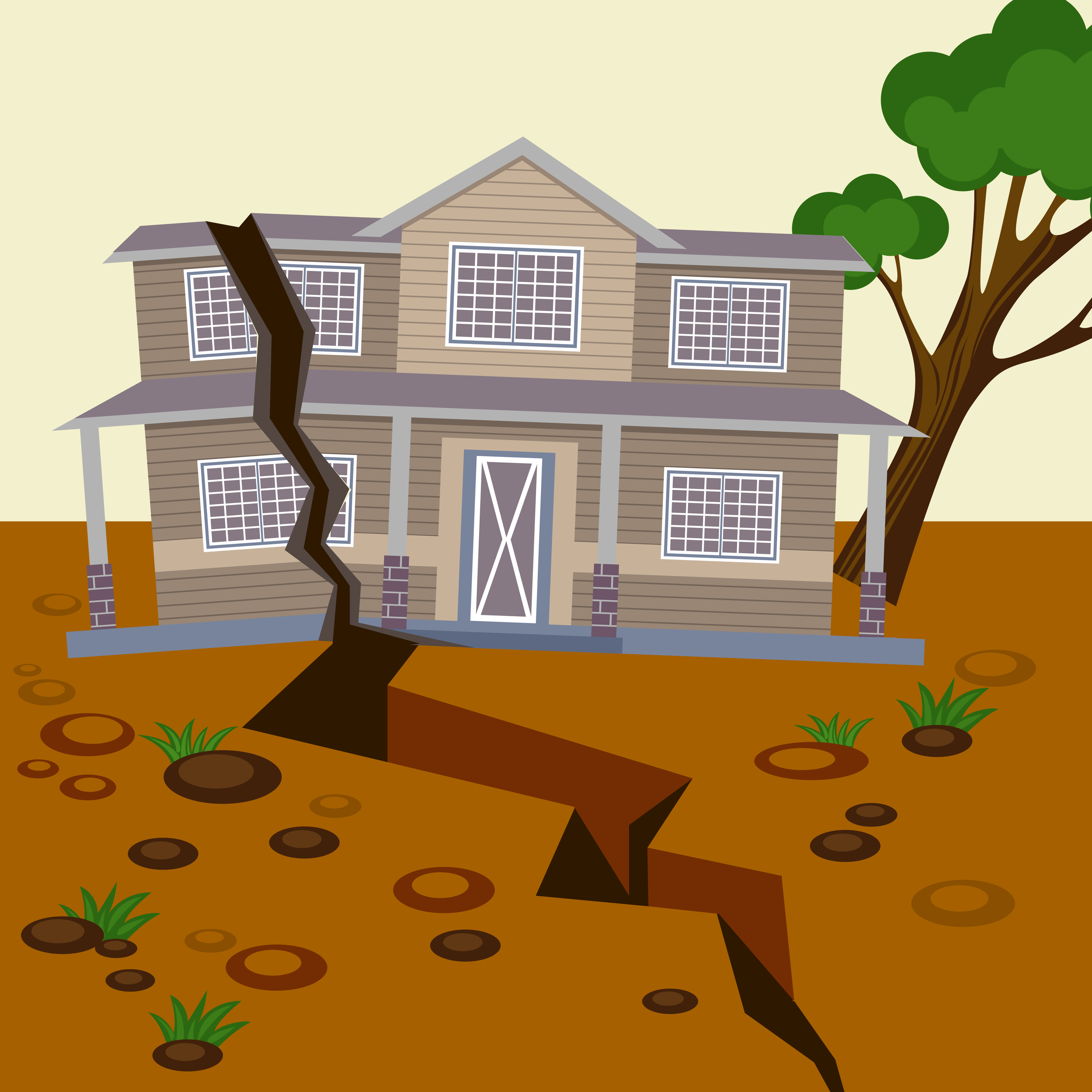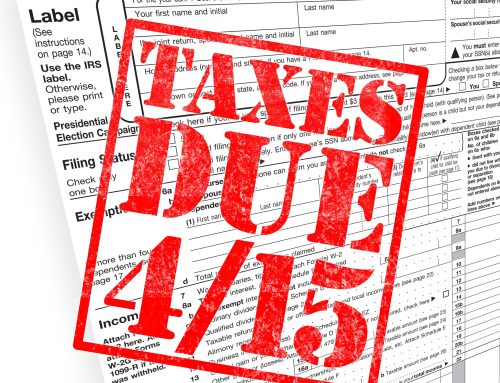Article Highlights:
- Limitation to Losses within Disaster Areas
- Cost versus Market Value
- Home Tax Losses
- Home Tax Gains
- Replacement Properties
- Home Gain Exclusion
The late-2017 tax-reform package changed the rules for personal casualty losses, which now are only deductible if they occur in a federally declared disaster area. As a result, if a home is destroyed in a forest fire or other disaster within a declared disaster zone, the homeowner can claim a casualty loss on that year’s tax return. However, if a home is destroyed as a result of a normal accident – or is destroyed in a natural disaster but lies outside of a disaster zone – the homeowner cannot claim a casualty loss. These rules may not be fair, but there is nothing that can be done about them (other than calling congressional representatives to indicate your displeasure). Currently, the rules are only in effect for the years 2018 through 2025. Because of these rules, you should also make sure that your home insurance coverage is adequate. Also, it could be beneficial if you take the precaution to avoid such incidents at all costs. For example, you can get fire safety spray sprinkled all over your house and opt for fire-resistant windows to prevent it from forest fire if it is a common occurrence near your location. You may contact a fire protection company for the same, who can provide you with additional tips on how to handle fire accidents.
Even those who have deductible losses quickly find out that they cannot claim as much in tax losses as they expected. This is because the losses are not based on the cost of replacing the home; instead, they are based on the original cost of the home (plus any improvements prior to the date of the casualty). If, for instance, they meet with a fire accident and decide to file for compensation, they could face disappointment. However, if the fire force company that they have hired has a reliable fire records management system, they can present that evidence and get compensated accordingly. Also, for those who have owned their homes for a long time before a casualty, the tax benefits of the resulting loss are greatly diminished.
This all stems from the fact that a casualty loss on a home is valued at the lesser of the home’s cost or its current market value (minus any insurance reimbursements). Because real estate generally appreciates in value, most casualty losses are based on the original cost of the home rather than on its current value or its replacement cost.
If a home is insured, then an actual financial loss due to a disaster can actually result in a tax gain. And for the cleaning and removal of your home debris, you may have to hire a company for on-site personal property restoration whereas, for repair and rebuilding, you can contact local home builders.
Luckily, the new tax law includes a provision in which the homeowner can treat the involuntary conversion of a principal residence due to destruction (among other situations) as a sale. Such sales are eligible for the home-sale gain exclusion, provided that the taxpayers meet certain requirements for length of ownership and occupancy. Married taxpayers who file jointly can exclude up to $500,000 of home-sale gain after such a disaster, provided that they have owned and lived in the destroyed home for at least 2 of the prior 5 years. (For a single taxpayer, that exclusion is $250,000.) If the gain is greater than this limit, the remaining amount can be deferred, provided that the taxpayer purchases a replacement residence.
The insurance proceeds that homeowners receive for a destroyed residence (or its contents) are treated as a common pool of funds. If those funds are used to purchase a property that is similar to lost property, then the taxpayer must recognize the gain only to the extent that the funding pool exceeds the cost of the replacement property. The period for replacing damaged or lost property is four years, starting with the end of the first taxable year when any part of a gain due to involuntary conversion is realized.
Under all circumstances, homeowner’s insurance is appropriate; in fact, mortgage lenders generally require it. Be sure that your home is insured for an appropriate amount that includes any appreciation.
As you see, disaster-related casualty losses can be tricky, and the results can be unexpected. Please call this office if you have experienced a disaster-related loss or if you have any questions.







